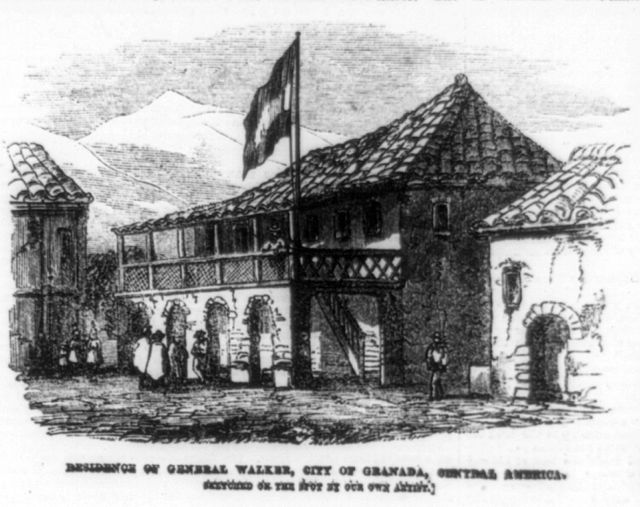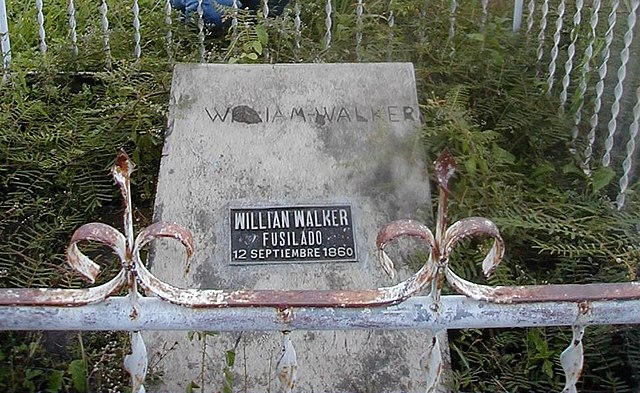Parker Hardin French was a nineteenth-century adventurer, entrepreneur, and swindler, labeled and chronicled by author Joe Goodbody as the “Kentucky Barracuda.” In the era of steam, sail and horse, the rapidity of French's movement and breadth of his adventures is almost mind-numbing. As a runaway child he fought as a member of the Royal Navy in the First Opium War as a cabin boy and a "powder monkey". At only 22, he was a commission merchant and a year later built the first ocean going ship on the upper Mississippi. Before he was 30, he was the leader of an infamous and fraudulent gold rush expedition; implicated in an irregular invasion of Cuba; jailed bandit and then military hero in Mexico; lawyer, district attorney, legislator, journalist, and political enforcer in California; senior conspirator in William Walker's conquest of Nicaragua; and appointed but rejected Nicaraguan ambassador to the United States. He didn't slow down in his thirties: he was a real estate developer; lawyer; journalist; part of a conspiracy to invade Mexico; suspected seditionist agitator and Confederate agent; jailed as a political prisoner; and lawyer and purveyor for Union troops. His final days were spent in obscurity but the period was still peppered with the occasional swindle that garnered both regional and national attention. When French died in 1878, his death went generally unnoticed. Newspapers had reported the death of French before—at least five separate times. He had been twice killed in gunfights, twice executed in Mexico—once by a firing squad, once by hanging—and once killed in Nicaragua. Acquaintances thought he might have drunk himself to death. For a while, there was a lapse of interesting press reports, so many just presumed that he was already dead and were surprised when he was not. Some pondered his many misadventures and wondered how he escaped retribution from a hangman, a firing squad, or an irate victim. Though a notorious scoundrel in his time, notably from 1850 to 1862, French has been relegated to a minor footnote in antebellum America and Civil War history.

A wood engraving of French by S. F. Baker from a Brady ambrotype
Johnson reproduced this handbill in his edition of McGowan.
William Walker (filibuster)
William Walker was an American physician, lawyer, journalist, and mercenary. In the era of the expansion of the United States, driven by the doctrine of "manifest destiny", Walker organized unauthorized military expeditions into Mexico and Central America with the intention of establishing slaveholding colonies. Such an enterprise was known at the time as "filibustering".
William Walker (filibuster)
President Walker's house in Granada, Nicaragua. On October 12, 1856, during the siege of Granada, Guatemalan officer José Víctor Zavala ran under heavy fire to capture Walker's flag and bring it back to the Central American coalition army trenches shouting "Filibuster bullets don't kill!". Zavala survived this adventure unscathed.
William Walker's grave in the Old Trujillo Cemetery, Trujillo, Colón, Honduras
The Costa Rica National Monument represents the five united Central American nations carrying weapons and William Walker fleeing.






